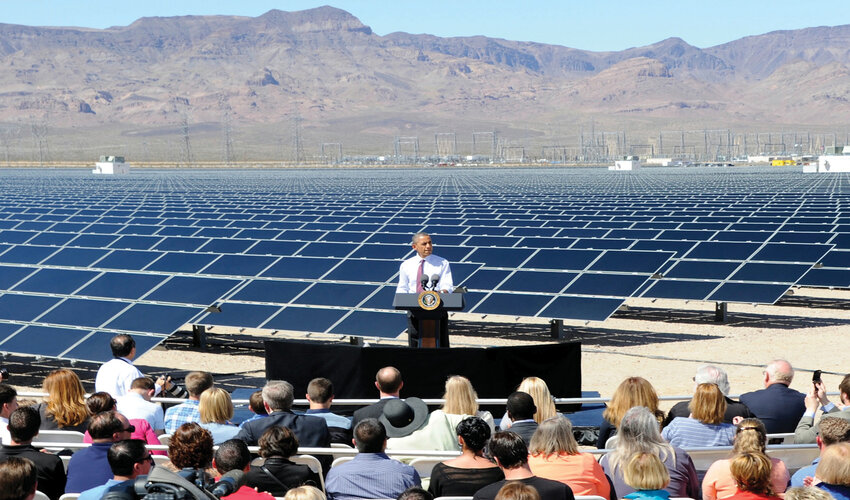
The role of the President in India is not merely ceremonial; it carries significant weight in shaping the nation’s destiny. Over the years, India has been fortunate to have had visionary leaders as Presidents who left behind a lasting impact on the country. You can find information online by searching the President of India list with photo publications. This article explores the legacies of these remarkable individuals and how they have shaped modern India.
The Visionary Presidents
Rajendra Prasad
Rajendra Prasad, the first President of India, played a crucial role in establishing and safeguarding the democratic principles enshrined in the Indian Constitution. His unwavering commitment to democratic values set a precedent for future Presidents and leaders. Prasad’s deep respect for the Indian Constitution and his efforts to uphold its integrity laid the foundation for a robust democracy.
Dr Sarvepalli Radhakrishnan
Dr Sarvepalli Radhakrishnan, India’s second President, was a distinguished philosopher and solid educational advocate. His vision and efforts in promoting intellectualism and fostering a learning culture have profoundly impacted India’s educational landscape. Radhakrishnan’s legacy as a scholar and educator continues to inspire generations of students and academics in the country.
Dr. A.P.J. Abdul Kalam
Dr A.P.J. Abdul Kalam, widely known as the “Missile Man of India,” was the President of India from 2002 to 2007. A relentless pursuit of scientific and technological advancements marked his presidency. Kalam’s vision for a self-reliant India in defence and space technology inspired a generation of young scientists. His contributions to India’s nuclear and space programs continue to shape the country’s scientific endeavours.
Pratibha Patil
Pratibha Patil made history as India’s first female President. Her presidency was a testament to women’s empowerment and social inclusion. Patil championed causes such as gender equality, education, and healthcare for all. Her efforts to uplift marginalised communities and promote social justice have significantly impacted modern India.
Ram Nath Kovind
President Ram Nath Kovind assumed office in 2017 with a strong focus on social justice and inclusivity. His initiatives aimed at empowering marginalised communities, promoting access to healthcare, and bridging socio-economic gaps have transformed modern India. Kovind’s presidency has been marked by his commitment to uplifting the underprivileged and building a more inclusive society.
Presidential Contributions to India’s Growth
R. Venkataraman
R. Venkataraman, who served as President during the 1990s, played a crucial role in steering India’s economic reforms and liberalisation policies. His leadership and support paved the way for India’s rapid economic growth and integration into the global economy.
K.R. Narayanan
K.R. Narayanan, India’s tenth President, focused on promoting India’s soft power through cultural diplomacy and international relations. His commitment to pluralism and diversity made India a global leader in the 21st century. Narayanan’s presidency helped strengthen India’s image on the international stage.
Pranab Mukherjee
Pranab Mukherjee, a seasoned statesman, served as the President of India from 2012 to 2017. He worked tirelessly to strengthen India’s diplomatic ties and enhance its global standing during his tenure. Mukherjee’s efforts deepened strategic partnerships, increased foreign direct investment, and boosted India’s international reputation.
Presidential Impact on Constitutional Matters
Shankar Dayal Sharma
President Shankar Dayal Sharma took a firm stand in upholding the Indian Constitution during times of political upheaval. His steadfast commitment to democratic principles ensured the sanctity of institutions and the rule of law.
K.R. Narayanan
Narayanan’s unwavering commitment to secularism and pluralism helped maintain social harmony and uphold the principles of India’s diverse society. His presidency emphasised the importance of unity in diversity and equal rights for all citizens.
Conclusion
India’s Presidents have played a crucial role in shaping modern India. Their contributions can be found in the President of India list with photo journals. As the custodians of the Indian Constitution, these visionary leaders have contributed significantly to India’s growth, both domestically and internationally. Their principles and actions continue to guide the nation as it strives to achieve its aspirations for a brighter future. The impact of their legacies will be felt for generations to come.

Aimee Garcia is a Marketing Consultant and Technical Writer at DailyTechTime. She has 5+ years of experience in Digital Marketing. She has worked with different IT companies.

